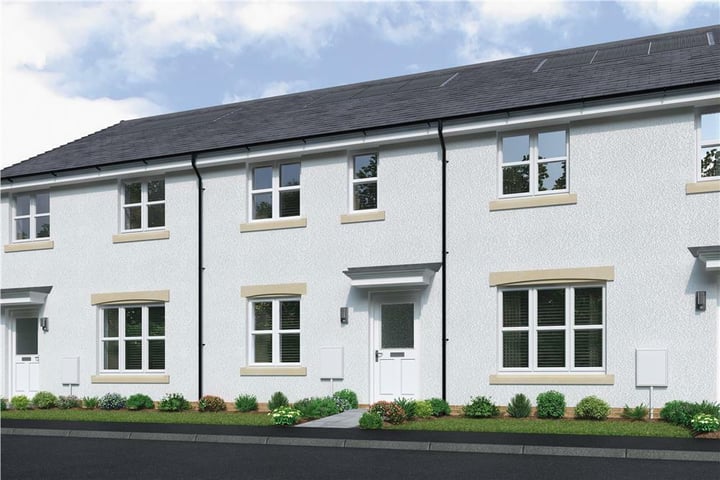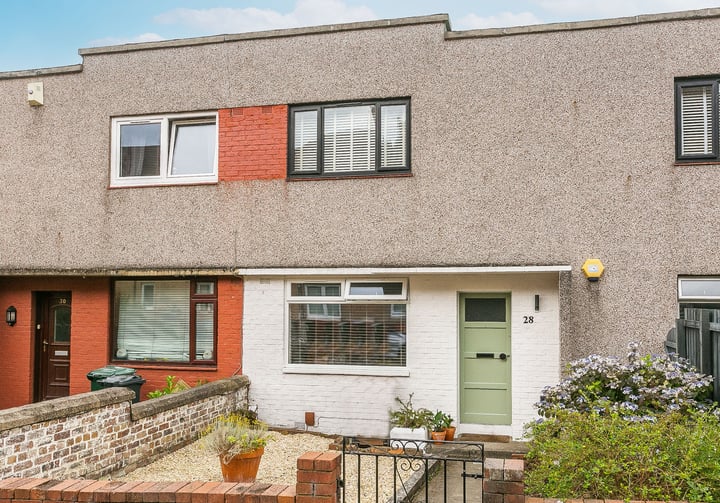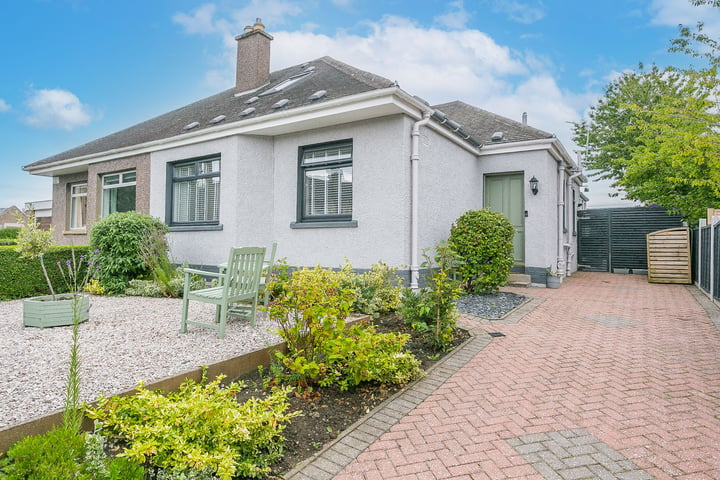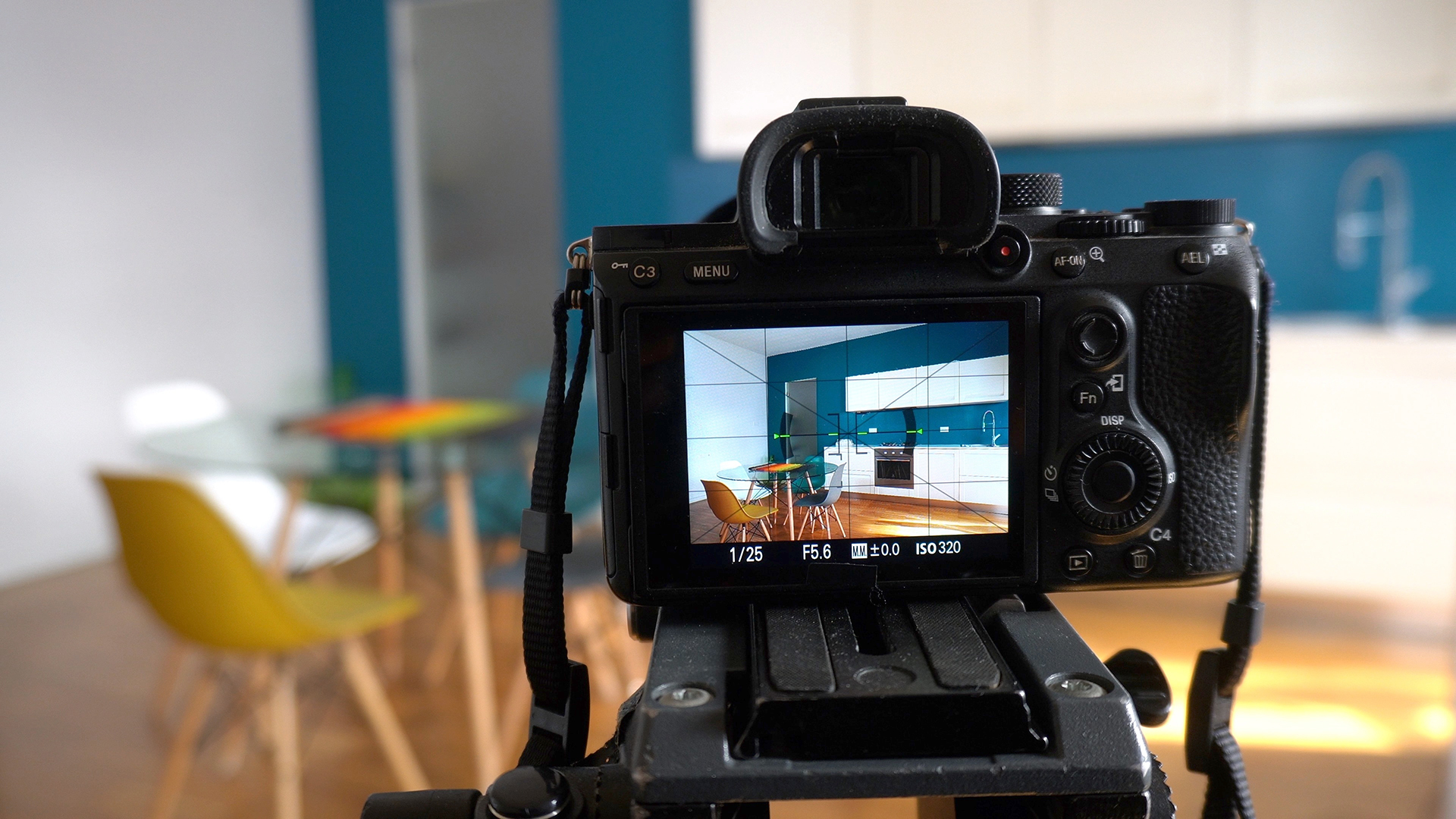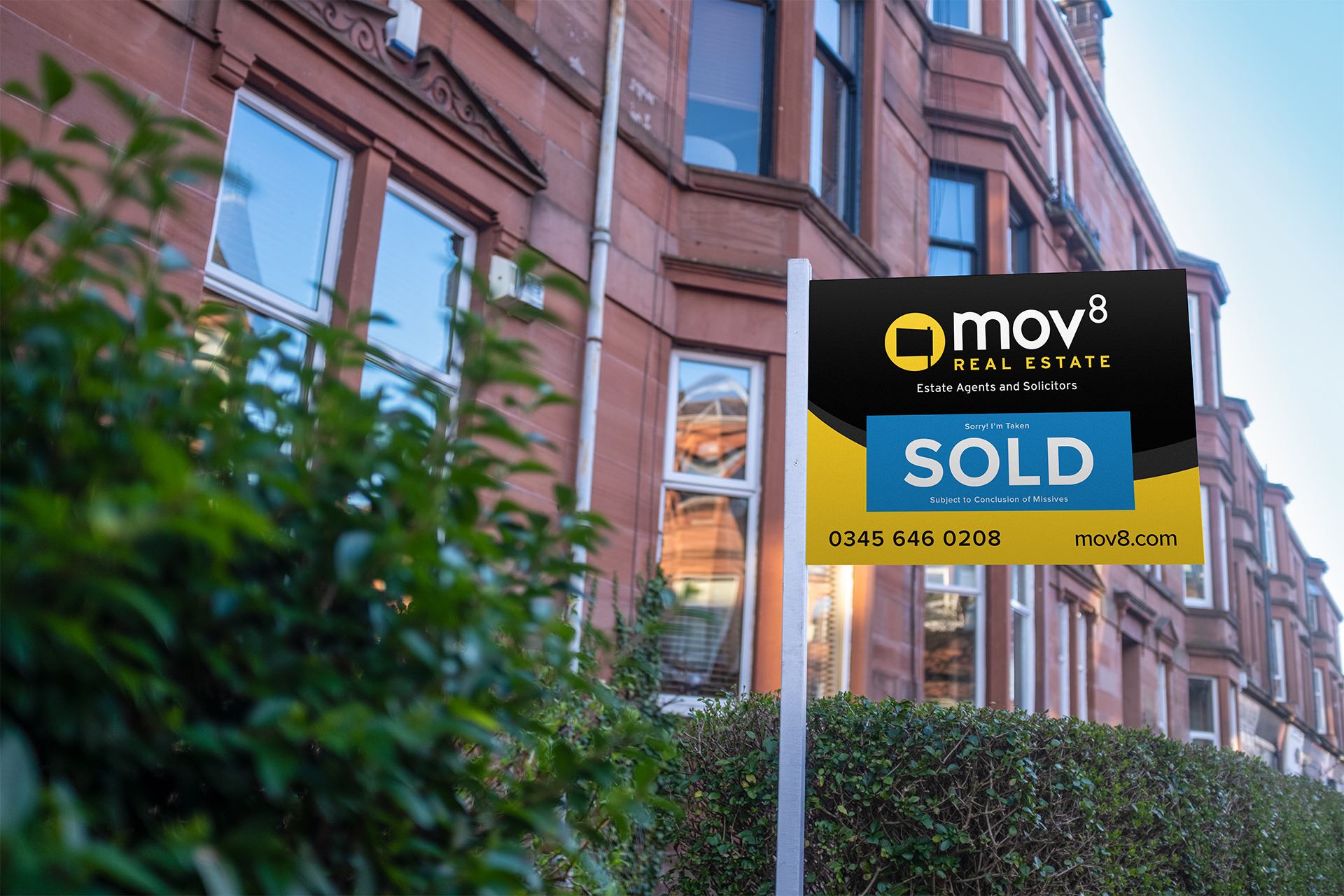
Property Buying Guide
Whether you’re a first time buyer, someone who has never bought a property in Scotland before or an experienced buyer who wants a refresher on the buying process, have a read through our Buying Guide – it could save you a small fortune!
Property Buying Guide
Why do I need to sort out my finances?
There’s no point finding your dream home and going to the lengths of submitting an offer only to find out that you can’t actually afford to buy it. Sorting out your finances before you want to put in an offer ensures that this doesn’t happen.
What’s a mortgage?
Many property buyers in Scotland simply don’t have enough cash sitting around to purchase a property without taking a loan. The most common form of loan that property buyers in Scotland take is a mortgage. A mortgage is a loan that is secured against the property that they are purchasing. This means that the borrower agrees that they will forfeit their property to the lender if they fail to repay the mortgage.
The lender makes their money by charging interest over the lifetime of the loan. The length of time varies but is often 25 years, though it can be longer and of course it can be shorter too depending on the borrower’s circumstances. The more quickly you pay the money back, the less you will pay in total. However, the longer you spread out the repayments, the more affordable the repayments are.
Mortgages can be ‘interest only’ or ‘capital repayment’. ‘Interest only’ means that you are only paying back interest to the lender on the amount that you have borrowed. This means that after 25 years, for example, you will not have paid back any of the amount that you borrowed. You will therefore not own your property outright. As a result, you will have to be able to pay that loan back in some other way, for example through savings or through cashing-in another investment or indeed by selling the property that the mortgage has been taken on.
‘Capital repayment’ means that, every month, you are paying back the interest on the loan but also part of the amount of the loan too. This means that, at the end of the period of the loan, for example at the end of 25 years, you will have paid back the full amount of the loan and you will own the property without any ongoing obligation to the lender.
What is a ‘Deposit’ and do I need to have one to be able to buy a property?
Most of the time a mortgage lender will ask for a ‘deposit’ if you are taking a mortgage. The deposit is usually expressed as a percentage of the purchase price of the property and is the part of the purchase price that you have to provide yourself. The lender then provides the rest of the funds for the property purchase.
For example, if you provide 20% of the purchase price and the lender provides the remaining 80%, the ‘deposit’ is 20%. You will need to have this available prior to the day when you pay the property seller the money for the house.
What does ‘loan to value ratio’ mean and why does it matter?
This is the proportion of the purchase price that the lender is prepared to provide to you. Lenders usually classify their mortgages by ‘loan to value ratio’ when deciding what interest rate they will give to a property buyer. The ‘loan to value ratio’ tends to be calculated either on the property valuation OR the purchase price, whichever is lower.
So if the ‘valuation’ in the Home Report is £200,000 but you actually are buying it for £160,000, they will usually calculate what they will lend you based on the £160,000 figure. In that case, if the lender provides a £80,000 loan, that will be 50% loan-to-value. The lower the loan-to-value, the less risky it is to the lender. So they tend to reserve the best interest rates for lower loan-to-value ratios.
What interest rate options are there?
Interest rates can be variable or fixed or they can be based on the Bank of England Base Rate or the individual lender’s Standard Variable Rate which can vary at any time. They can allow you to pay the money back early or they can state that you will be penalised financially for selling your property and paying the mortgage back before a certain date.
Some mortgages can allow you to offset money in different bank accounts against your mortgage to reduce the amount that you are paying in interest. And that’s just scratching the surface of the options available. Some have low interest rates but huge up-front fees for arranging the mortgage.
Mortgage options are baffling and it’s best to take professional advice before entering into such an important, long term and expensive loan. Whatever loan you take will depend entirely on your personal circumstances at the time.
Do I do anything differently if I’ve already got all the money available?
If you can purchase a property without relying on a mortgage you are in a very fortunate position. The benefit of paying by this method is that sellers, and their agents, look more kindly upon ‘cash buyers’. A proposed sale to a cash buyer is more likely to go ahead without any complications. When a buyer is borrowing money, there is more likelihood that there will be a hitch in the process because another party is involved which could, for example, lead to delays or even to the sale falling through if they make a mistake.
Cash buyers are usually able to complete the purchase faster because they don’t have to wait for the lender to process paperwork. If a seller wants to sell quickly, or if you are one of several potential buyers, a seller is more likely to look favourably on you if you are a ‘cash buyer’.
